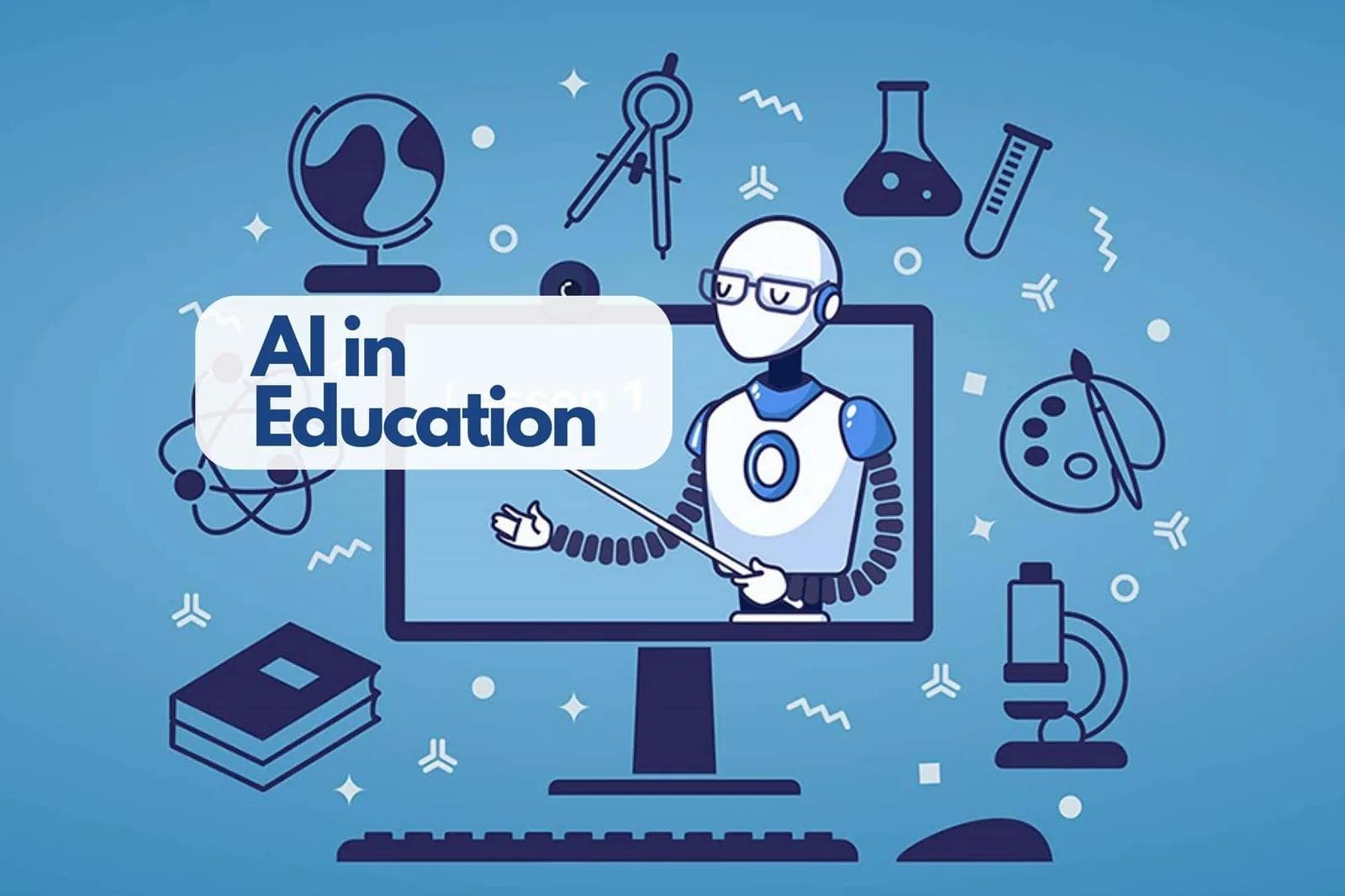The academic writing world is rapidly changing. Citation management has become more important than ever in maintaining scholarly integrity and ensuring that academic papers are of high quality. If you prefer reading about the world of modern citation management rather than doing rigorous scholarly work, then you're in for a treat. The year 2024—infinity as far as we know—saw the emergence of artificial intelligence to handle some nitty-gritty work of citation management. Tools like LTLLM and ALCE reference are not only the obvious good stuff for maintaining citation integrity (like more human-readable references), but also things that happen off the record (read: online) that used to go unnoticed.

Modern Citation Tools Overview
Citation management has undergone a sea change. What once was a simple reference manager is now, in some cases, a sophisticated research assistant that can dramatically improve the quality and efficiency of academic writing. Indeed, what emerged from LitLLM, ALCE, and arXiv seems to be a revolution for how researchers can interact with academic literature. The tools at hand now (or soon, anyway) aren't simply for making smart direct references in papers but are capable of making pertinent and useful oblique references throughout a piece of writing. They digest the vast amounts of academic literature now available online and can recommend relevant papers for the citationizer to swing through. Indeed, these programs are kind of smart: They know what locally relevant content is and can even identify what is pertinent to picking out and making direct, useful references to.
Key Features of LitLLM
LitLLM marks a big step forward in how we manage academic citations. Using principles of RAG, it augments the research process. When you input content into the system, it uses very smart algorithms to figure out what academic papers are most relevant to what you are working on. Even more impressively, it retrieves and ranks the papers in a way that makes them really easy to review. You could almost say the platform serves as a kind of "smart assistant" for achieving comprehensiveness in your literature review. Once you retrieve the relevant papers, the platform lets you integrate excerpts from them into your writing with citation formats that are fully customizable. And it does all of this with an interface that is so smooth and direct that you would hardly know it was an academic platform.
Implementation and Best Practices
The contemporary citation apparatus has eased academic writing and made referencing less error-prone. Still, one cannot plunge directly into using these new tools; instead, one must follow a systematic course that starts with choosing a citation manager to match your writing platform. Your best choice is PaperGen. These citation managers have browser extensions that can grab the necessary bibliographic information from various digital venues—web pages, academic databases, digital libraries —directly and easily. But herein lies the first danger: to be too unthinking about letting such managers do all the work.
Integration Strategies
To achieve the maximum efficiency when using citation tools, you should integrate them into your research workflow in a structured manner. Start by installing the citation manager's browser extension and word processor plugin, if one exists, to enable seamless reference insertion. When doing research, use the one-click save feature on your citation manager to capture references directly into your library. Organizing your references into collections or folders by theme helps keep your reference library clear and maintains your sanity as the number of references grows. Using the citation manager during the writing process can happen in one of two ways: you can either use it to insert references automatically (the "cite while you write" option) or use it to create a bibliography after the fact. Neatness counts here: If your references are not well organized, the end product will not be as clean as it could be.
Future Developments and Limitations
Although citation tools have come a long way and continue to evolve, many limitations and challenges must be resolved if these tools are going to be effective in supporting academic writing. The main citation management systems that exist today have significant privacy and security concerns, and because of this, they do not offer a safe space for storing personal information and research data. On top of this, the integration of Large Language Models (LLMs) within these systems has led to some novel and promising functionalities. However, the integration of LLMs also opens up a big can of worms concerning tool privacy, user data, and even their citation ethics. While really cool ideas for enhancing citation tools are now on the table, we need to talk about what these might do to the already shaky security of the main citation management systems.
Future developments in citation tools will lean more toward efficient processing and faster access for the end user. This will likely be achieved, in part, through the use of edge computing, which allows data to be processed closer to the end user rather than at a centralized location. This method offers a number of advantages that could improve the accessibility and efficiency of citation tools, especially when it comes to serving researchers who often find themselves on the edges of the internet and its connectivity.
Citation management has become more important than ever, especially in this age of digital messiness. With PaperGen, the work of managing citations can be reduced to nearly nothing on your part. You still get to be the author, but the thoroughly digital PaperGen will serve as your helpful ghostwriter and will ensure your paper is riddled with citations that are both accurate and consistent. If you fancy yourself as a credible entity and uphold the standards of academic integrity, PaperGen is a service you can trust that will help you manage your citations with ease and grace.



